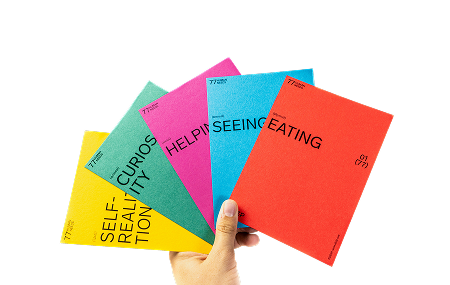Since the last World Usability Day on November 10, 2016, I have been coming across the topic "Sustainable UX" again and again. In spite of frequent searches, a clear definition of the term has eluded me so far. Since UX is my daily bread, it is high time that I take a closer look at the topic of sustainability.
I came across the following definition for "sustainable development" from the 1987 report of the World Commission on Environment and Development.
Sustainable development is development that ensures that future generations are not worse off to meet their needs than those of the present.
This definition is concretized in the three dimensions economic, social and environmental and is presented in a three-pillar model for sustainable development. If we take a closer look at these dimensions, it becomes clear how complex the topic is and that it relates to all areas of our coexistence.

Economic sustainability
An economy is considered economically sustainable if it can be operated on a permanent basis and does not lead to losses for future generations. If this view is lived out in a sustainable corporate strategy, the way the company deals with resources and employees changes. Products are created that are more efficient and cheaper to manufacture and sell better because they address specific market segments and customer groups in a more targeted manner. In this context, it is interesting to read the interview with Adam Werbach, Global CEO of Saatchi & Saatchi, in the Harvard Business Review, who has made a name for himself as a leading environmental activist and gives managers a lesson in sustainability. He is convinced that sustainability makes for better business.
Social sustainability
A society should be organized in such a way that social tensions are contained and conflicts do not escalate. In order to establish social behavior as UX'ler, it is worthwhile to deal with the idea of social design. The goal is to influence people to make pro-social decisions in order to change the current state of society for the better.
One example is 'Tomorrow's Menu', a study project that Nynke Tromp presented at WDCD. It is a platform where organic farmers and consumers come together to campaign against factory farming. The farmer introduces himself and his business, and the consumer can support it with a monthly fee. In return, the consumer receives the organic meat of the supported farmer in the supermarket for the same price as the meat from factory farming. This facilitates the decision to buy meat from sustainable farming directly at the POS.
Ecological sustainability
Ecologically sustainable, those who only use the natural basis of life to the extent that it regenerates. Achieving this goal in view of limited resources and a constantly growing world population is certainly one of the greatest challenges facing humanity. In this context, I found this article interesting for us onliners, which clearly shows how much electricity the Internet eats.
What can we do as UX professionals?
Should we now advocate low-CO2 websites, live the paperless office, or should we better focus on the aspect of social sustainability? I am convinced that all these points should be incorporated into our daily work.
As a UX consultant and project manager, I am attracted to Chelsey Delaney of Catalyst's approach to a sustainable UX project process. She describes how the training and further education of clients turns clients into partners on an equal footing and how agencies, through their work with different clients, are constantly learning new ways of working and organizational structures that they can actively incorporate into their projects.

My conclusion
My sustainability research does not claim to be complete, but led to a fundamental insight: Good UX is also sustainable UX!
In the UX process, targeted solutions are developed for real user needs. This ensures a sensible use of our resources and at the same time ensures that products are improved. And through sustainable cooperation - in a team - added value is created, which has a positive effect on the way we deal with each other.






.jpeg)







